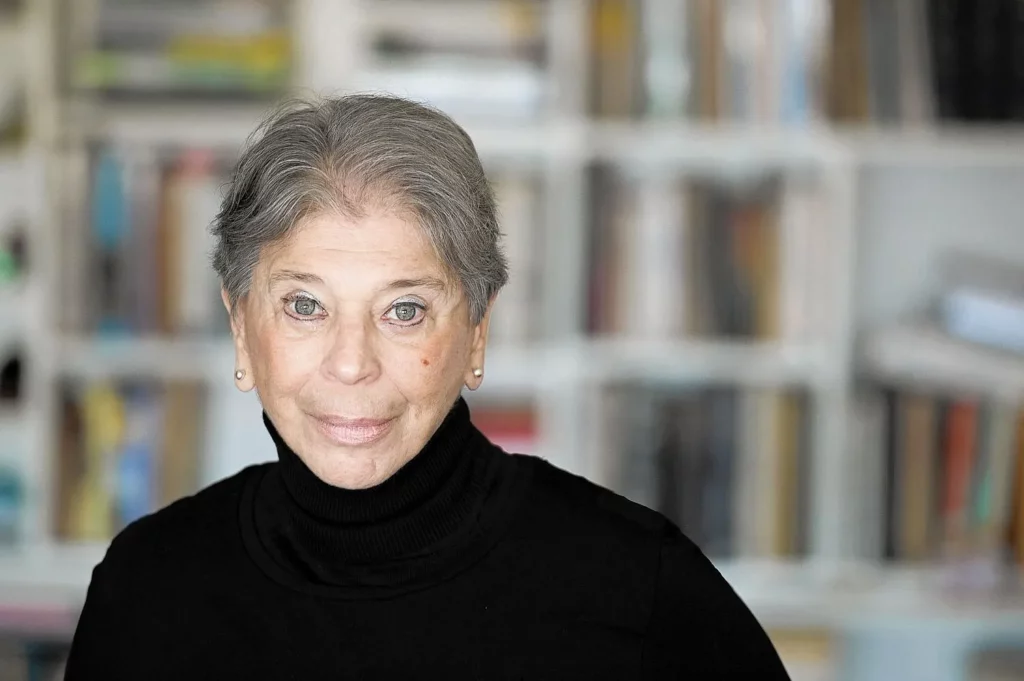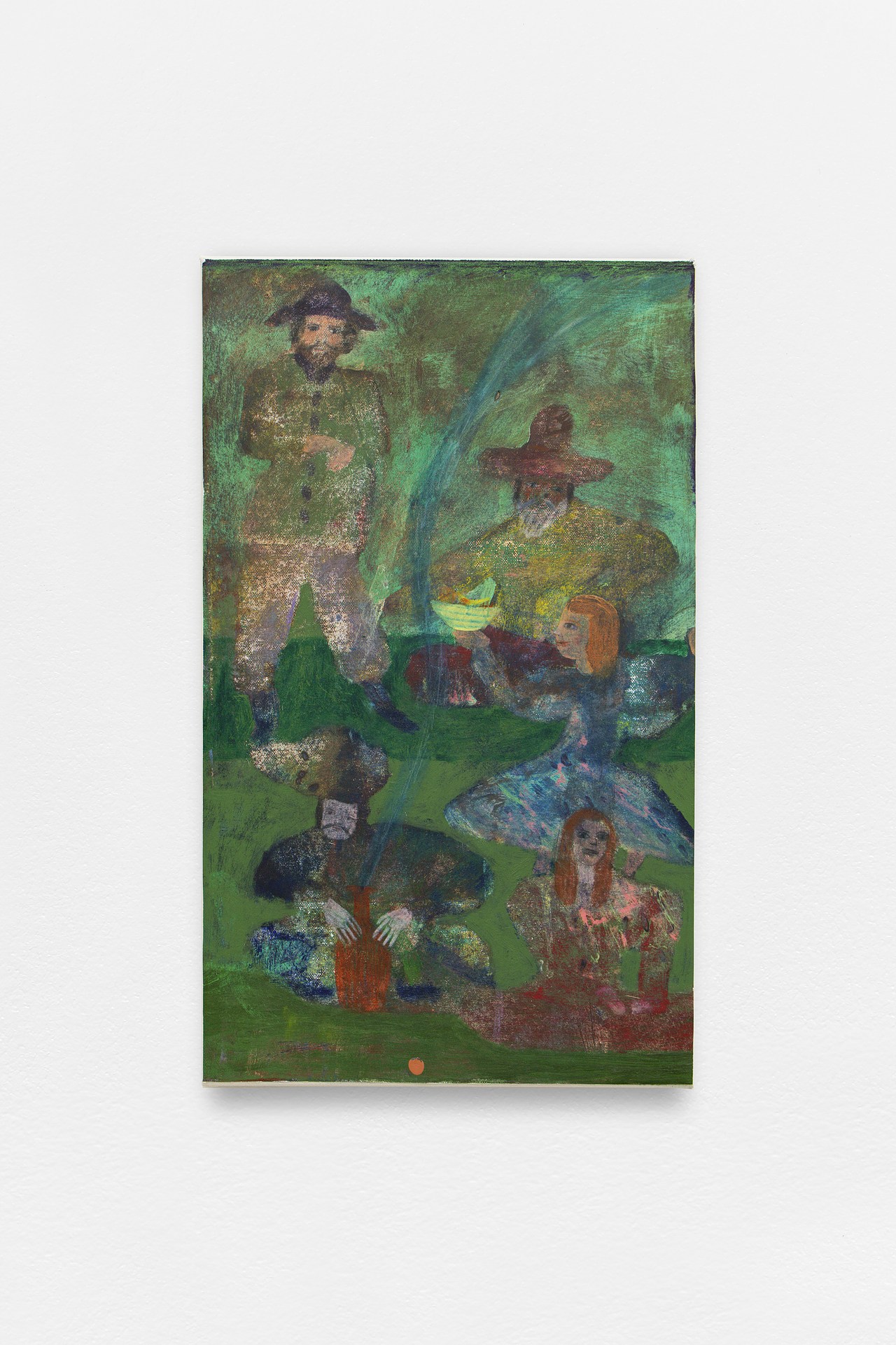Vivian Gornick. Photograph by Mitchell Bach. Courtesy of Farrar, Straus and Giroux.
“I could hardly believe my luck in having found her,” Vivian Gornick writes of the persona she created for her pivotal 1987 book Fierce Attachments, a rich, genre-redefining portrayal of fraught maternal bonds that the New York Times has anointed the best memoir of the past fifty years. “It was not only that I admired her style, her generosity, her detachment—such a respite from the me that was me!—she had become the instrument of my illumination.” That shock of wonderment and good fortune is familiar to all Gornick’s readers, and especially to the many writers of nonfiction who still pass around The Situation and the Story (2001)—in which those words appear—like a talisman. It’s a thrill to read Gornick’s precise, elegant account of how a voice and a narrative are made, and to see that process so masterfully demonstrated in her own work is often (as she herself has said of reading and rereading the likes of Edmund Gosse or Joan Didion) to become “enraptured.”
It’s in that spirit that the Review will present Vivian Gornick with the Hadada, our award for lifetime achievement, at our seventieth-anniversary Spring Revel on April 4, 2023. Her engrossing Writers at Work interview, which appeared in issue no. 211 (Winter 2014), was the magazine’s second ever to focus on the art of memoir.
Gornick’s exceptional contributions to literature over the past several decades span autobiography, essays, and journalism. Her first book, In Search of Ali Mahmoud: An American Woman in Egypt—the research and writing of which she described, with characteristic élan, for the Review’s short documentary series My First Time—was a finalist for the 1974 National Book Award. As a contributor to The Village Voice in the years that followed, she became a leading writer of the feminist movement while developing a unique style of criticism that blended literary analysis with clear-eyed observations of her own experiences. This style came to fruition in books including The End of the Novel of Love (1997), a groundbreaking collection of essays that debunked the insidious ubiquity of romantic love as a metaphor for happiness, and The Men in My Life (2008), a compassionate study of the struggle for inner freedom that is shared across genders.







